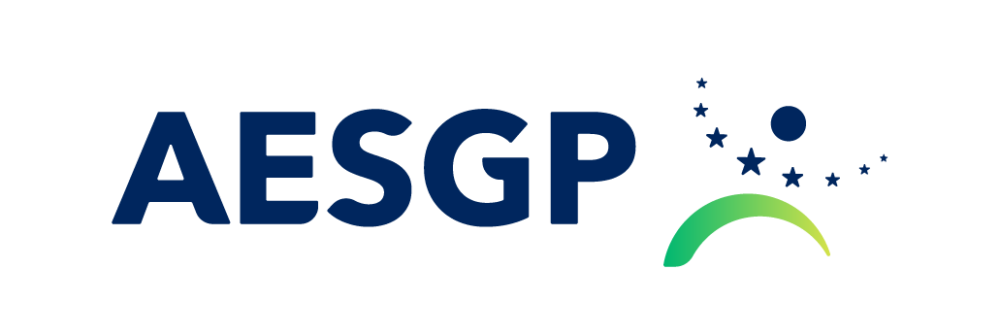Proposals on wastewater treatment will jeopardise patient access to medicines without helping green transition
Brussels, 26 October 2022 – Today the Commission is proposing stronger rules on ambient air, surface and groundwater pollutants, and the treatment of urban wastewater. While these proposals are key to advancing the European Green Deal’s zero pollution ambition of having an environment free of harmful pollution by 2050, the European pharmaceutical industry – represented by AESGP, Medicines for Europe and EFPIA – believes that the new measures under the Urban Waste Water Treatment Directive (UWWTD) Proposal will in fact jeopardise patient access to medicines without helping the green transition.
Medicines have a unique value to public health and society at large. They are vital for our well-being, either to manage serious conditions such as cancer, diabetes, bacterial infections, cardiovascular diseases, and auto-immune conditions or to prevent illness and manage symptoms that allow everyone to carry on with their lives.
The stringent regulatory framework for medicines ensures they are safe and effective, bringing better health to millions of people. The pharmaceutical industry continuously evaluates its processes to keep on minimising any unintended environmental effects of medicinal products, while ensuring patient access to medicines.
The Commission’s proposal to charge medicines in the Urban Wastewater Treatment Directive will ultimately jeopardise patient access to medicines. Blanket levies on medicinal products based on patient excretion levels are unprecedented, disproportionate, unfair, and ineffective. This measure will be very detrimental to society if increased burdens on companies mean that many essential medicines are no longer viable and result in shortages.
Medicines for human use must be exempt from the proposal in light of their essential role in public health.
Few active pharmaceutical ingredients would have risks for the environment, and these are very well under control given the concentration levels found in European waterways. Pharmaceuticals are only a small fraction of the substances that an improved wastewater treatment would remove.
So, Extended Producer Responsibility would create a discriminatory model, in which the pharmaceutical sector would finance wastewater treatment upgrades, that would remove micro-pollutants from other different origins (which remain the major unaccounted source of water contamination).
Also, applying Extended Producer Responsibility to human medicines, to incentivise the development of “green by design” products, does not account for the biological nature of medicines’ action nor for the complexity of medicines authorisation based on quality, safety, and efficacy requirements.
Our sector is committed to constructive dialogue with policy partners, to develop solutions to further reduce medicine environmental risk.
Detailed proposals outlined in the Eco-Pharmaco-Stewardship programme cover scientific research projects under the Innovative Health Initiative (IHI), guidelines for the management of manufacturing effluents, awareness-raising on the proper household disposal of medicinal waste and proposals for an extended environmental risk assessment. This ambitious programme would achieve the required balance of reducing the environmental impact while maintaining patient access to medicines.
Quotes
ADRIAN VAN DEN HOVEN, Director General at Medicines for Europe, said “It is frustrating that duplicative and unworkable proposals for levies on medicines to address wastewater management are thrown at the pharmaceutical industry. This undermines our efforts to reduce our environmental footprint and more worryingly, negatively impact patients who need medicines. It is a lose-lose proposal. We call on European leaders to safeguard patient access to essential medicine while working with the pharma sector during the green transition, and not against us.”
NATHALIE MOLL, Director General at EFPIA, said “The pharmaceutical industry acknowledges the importance of wastewater treatment as an essential part of demographic concentration in large urban areas. However, the proposed measure would affect the availability of certain medicines which would be counter to a key principle of the EU’s Strategic Approach to Pharmaceuticals in the Environment that policies must not jeopardise patient access to safe and effective pharmaceuticals. The pharmaceutical industry has put in place an extensive Eco- Pharmaco-Stewardship programme which over the past 15 years has made great progress in minimising effects of pharmaceuticals in the environment.
JURATE SVARCAITE, Director General at AESGP, said: “Doing our best to protect the environment is a societal obligation for which we are all responsible. We fully understand the challenges facing the wastewater industry. It must indeed upgrade its treatment levels to be able to provide cleaner water. It also needs to make its by-products safe for reuse (e.g. sludge) in order to achieve sustainability and circular economy goals. It seems to us, however, highly disproportionate that the modernization of sewage treatment plants, as well as their continued operations, should be funded solely by a sector which has proven that it is doing its utmost to mitigate environmental risks while ensuring the availability and accessibility to quality treatments for the population. The measures proposed in the Directive will undoubtedly have a direct impact on patients and will further increase economical pressure on our health systems, already weakened by the successive crises of recent years.
We believe it is possible to do things differently. Countries like Switzerland, for example, have adopted a different cost-sharing funding model for improving urban wastewater treatment plants (UWWTPs) that is non-discriminatory and equitable.”
Resource hub
The full Eco-Pharmaco-Stewardship programme can be accessed here.
